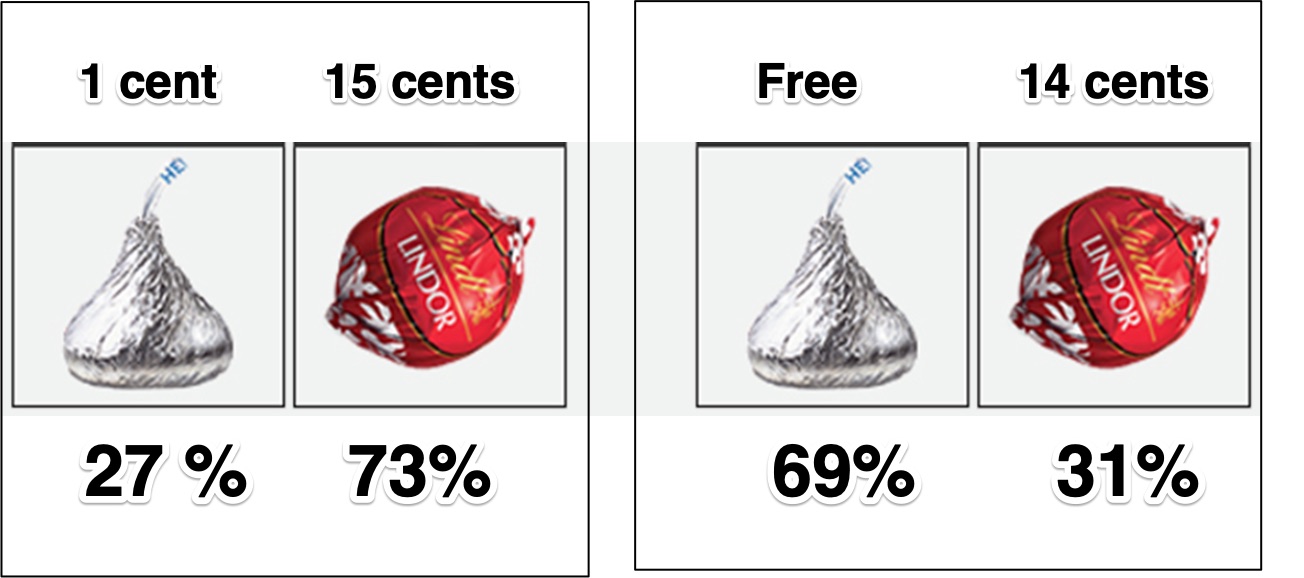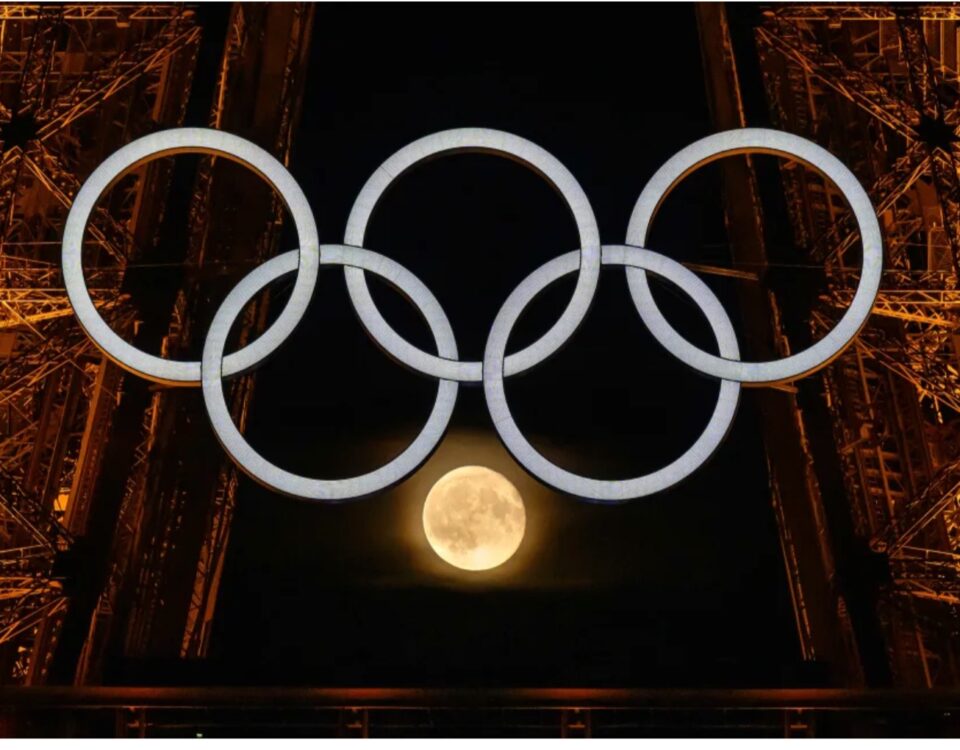
Our Weekly Economic News Roundup From Mickey Mouse to March Madness
April 13, 2024
Where Marijuana Fails the Smell Test
April 15, 2024Saying they wanted to bring the community together, Paris FC offered free tickets to everyone (with several small exceptions) at its home stadium. For the second division men’s team and first division women’s play, fans have paid nothing since November 11, 2023.
Free Football
Free football fills seats. Whereas the Paris FC stadium was usually just 24% occupied during games, free tickets were supposed to attract more fans. When Germany recently tried the same policy for its second division Foruna Düsseldorf team, ticket demand surged. As attendance rose from 27,000 to 33,000, merchandise sales also went up.
Meanwhile, reducing ticket sales was not a huge gamble. At 4 percent of its revenue, Paris FC generated relatively little from tickets. Since the real revenue comes from broadcasting rights and sponsorships, they hoped that the excitement of a full stadium would attract the groups with the big money.
Still though, sports officials wonder if free tickets reduced the value of the game. And, from a practical perspective, they observed that people were more willing to leave a game early.
Free Chocolates
Behavioral economist Dan Ariely also experimented with “free.” Offered a Hershey’s Kiss for one penny or a tastier upscale Lindt Truffle for 15 cents, 73 percent of a Dan Ariely study chose the truffle. But then, when the price of each went down by a penny, the truffle’s demand sunk to 31 percent because the Kiss was free:

Our Bottom Line: Opportunity Cost
We know that, “There is no such thing as a free lunch.” Although we might not spend any money, still there is an opportunity cost. Defined as the next best alternative, the opportunity cost of a decision is what we might have done. Similarly, with free football, we could have attended another game, eaten a meal, or done some work. In addition, moving to a broader look at the economic meaning of cost as sacrifice, our decision becomes even “pricier.”
Although we spend no money, the allure of free football could be expensive, like sacrificing a Lindt Truffle.
My sources and more: Seeing this NY Times article on free football tickets, my thoughts returned to the experiments that Dan Ariely described in Predictably Irrational. In addition, these articles, here and here, had more football facts. Please note that several of today’s sentences were in a previous econlife post.
![econlifelogotrademarkedwebsitelogo[1]](/wp-content/uploads/2024/05/econlifelogotrademarkedwebsitelogo1.png#100878)





2 Comments
Marketers have long known that framing can have an enormous affect on demand. Decades ago, the MIT Glee Club decided to do something about declining attendance at our free classical concerts. So on the one hand, we issued (low priced tickets. But on the other hand, we set up a table under the dome at which we gave away up to 4 free tickets to students and faculty. Howerver, each recipient was required to sign for the tickets in a register (a piece of foolscap). The huge increase in attendance (some even from purchased tickets at ther door) demonstrated that perception of value often depends on nominal cost.
Good story. Thanks!